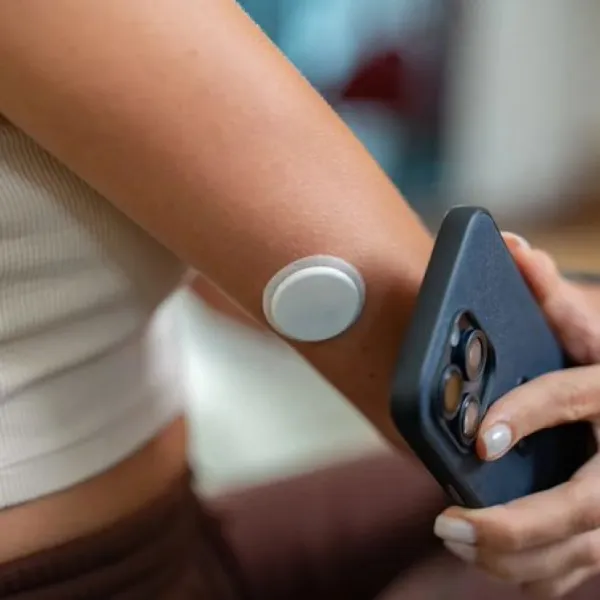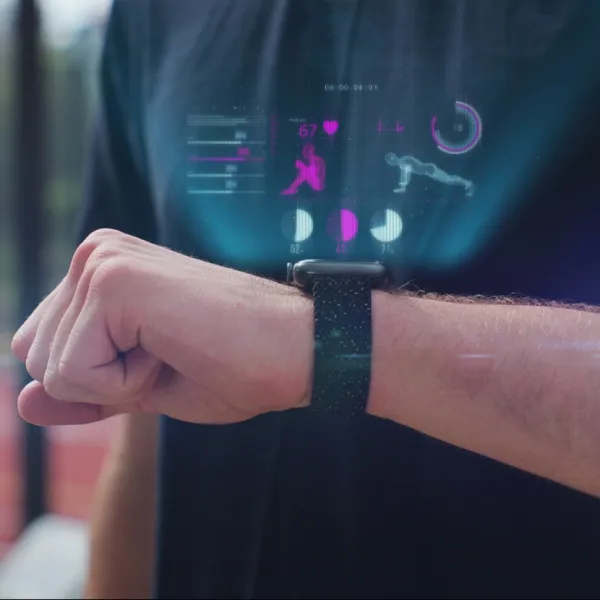CPS Mumbai Unveils the city’s First Simulation Lab for Medical Training

The Simulation Lab uses lifelike manikins and a hospital-like setting to simulate real-world medical scenarios, offering practical learning opportunities.
The College of Physicians and Surgeons of Mumbai (CPS Mumbai) has unveiled Mumbai's first Simulation Lab, aimed at advancing medical education by providing hands-on training to aspiring healthcare professionals.
The Simulation Lab uses lifelike manikins and a hospital-like setting to simulate real-world medical scenarios, offering practical learning opportunities.
CPS Mumbai's Simulation Lab features lifelike manikins, including Ares (Male adult manikin), Lucina (Female adult manikin), and Arya (Paediatric manikin). These tools allow students and medical professionals to practice various medical scenarios, improving their clinical competence.
One distinctive feature of the Simulation Lab is its hospital-like setting, where students receive continuous supervision. This approach provides an immersive, real-world training experience while teachers monitor and assess their performance from behind glass. This method fosters practical understanding and better prepares students for clinical practice.
The Simulation Lab comprises three rooms, each equipped with a manikin. These rooms connect to a monitoring room and a debriefing room, where case scenarios are discussed.
This open environment allows students to observe and learn from their peers' interactions with the manikins. Moreover, software controls the manikins displayed on screens within the lab.
CPS Mumbai has also initiated faculty training for simulation-based seminars, training programs, and examinations. The faculty members underwent training on the same on October 19th, 20th, and 23rd, 2023.
By offering these resources and training opportunities, CPS Mumbai prepares the future healthcare workforce to address evolving challenges in the medical field and enhance healthcare delivery across India.
In other significant healthcare advancements, a collaboration between researchers from IIT Delhi, AIIMS New Delhi, and the University of Exeter led to the development of a novel probabilistic discrete-event simulation tool.
This tool was designed to evaluate the capacity of public healthcare networks during pandemics, focusing on the first wave of COVID-19 in a district in North India. It considers uncertainties related to patient caseload, progression, and care provision processes.
Stay tuned for more such updates on Digital Health News





























